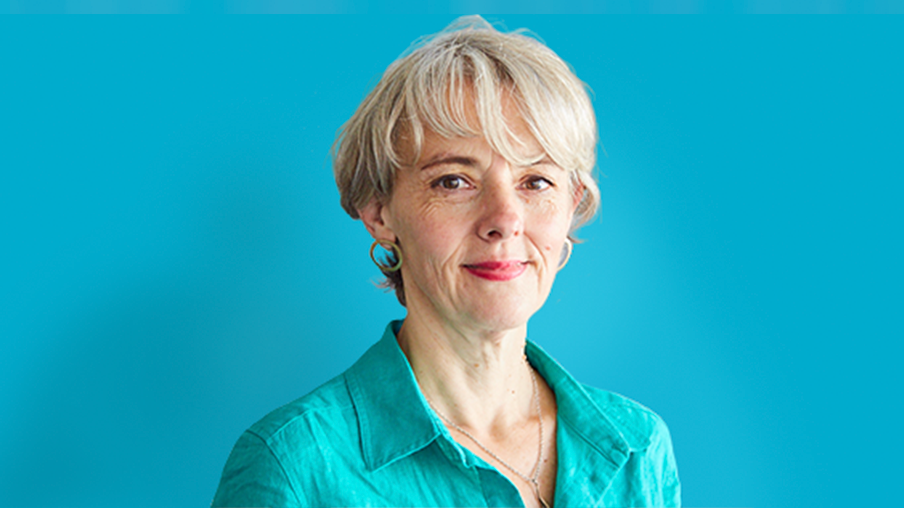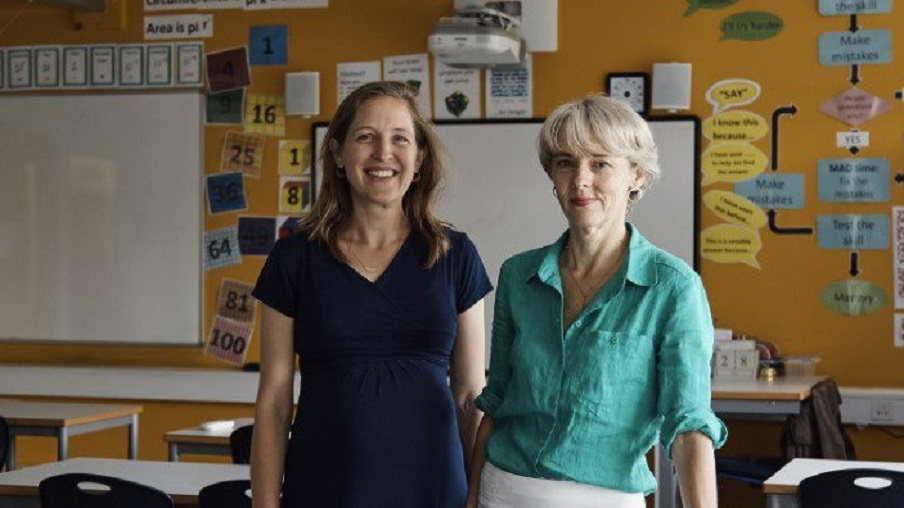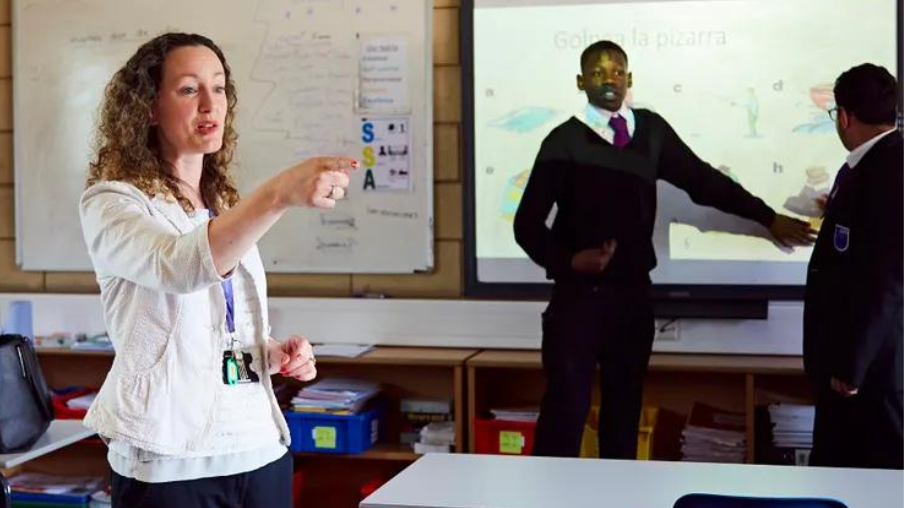In the beginning...
Across the table from me the headteacher of a London school leaned back and gave a patronising smile.
It was 2017 and I had been trying to interest him in a charity I was co-founding to encourage older people to retrain as teachers and was pretty sure he would bite my arm off, given how hard schools find it to recruit staff.
Nice idea, he said, but teacher training was exhausting enough for people in their 20s - so he couldn’t see how people in their 50s would be able to hack it.
Until I started Now Teach I didn’t think much about ageism. Now I think about it a lot.
Soon after I had another meeting with someone I hoped would give money to my new venture. The man said he thought Now Teach sounded interesting and he’d like to back us.
But then, as we were leaving, he said: wouldn’t it be funny if you got Stannah Stairlifts as your corporate sponsor? No, I wanted to say, it wouldn’t be funny at all – but again I kept my mouth shut. Now Teach needed (and got) his money.
A few months later, when I started teaching myself, I was placed in a school where I was two decades older than the principal, and three decades older than my mentor. On my last day my mentor admitted that when he’d first seen this grey-haired 58-year-old sitting with the other young trainees and learnt the old one had been assigned to him he’d thought: “Jesus. How is this going to work?”
Notes from the front line
Until I started Now Teach I didn’t think much about ageism.
Now, at 64 ½, having spent nearly seven years on the front-line of age diversity, teaching in schools where staff are mainly young, and having watched Now Teach successfully place over 850 older professionals in schools as trainees, I think about ageism a lot.
I’m more sure than ever about the benefits to be had from older and younger workers toiling together; but at the same time ageism is never far from the surface - deep, insidious and troubling - not just in schools but everywhere.
On the school front, I am pleased to report that things have gradually improved since 2017, in no small part thanks to Now Teachers. Teacher training organisations enthusiastically accept Now Teachers. Over 95% of the schools and trainers we work with agree that Now Teachers add value to students’ education. Schools are actually sharing their vacancies with us and inviting Now Teachers to apply.
Now Teachers are finding great jobs.
When Now Teach canvased the views of several hundred Now Teachers, two thirds said they had experienced no age discrimination.
Indeed, when Now Teach canvased the views of several hundred Now Teachers two thirds said they had experienced no age discrimination and felt the different experiences that came with advanced age were welcomed by their younger colleagues – and by their students.
One Now Teacher said he was go-to person in his school for help on tech as he spent 32 years working at IBM. He was also a key member of the Friday five-a-side football team, a mainstay at the pub afterwards.
The oldest prejudice
However a third had come across ageism at school – though none of them had seen fit to complain – and some have shared their stories with me over the years. One was told by a student to “back off, grandad” when he tried to confiscate a phone. One 63-year-old was turned down without interview by five London state schools in which the management was uniformly young. It was only when she applied to a private school, where older teachers are less of an oddity, she was offered the job. As she had no other options, she took it.
“Bad at technology,” wrote one of my students. “Poor memory. Get tired easily. Racist. Sexist. Rich. Complain a lot. Can’t learn new things. Wrinkled. Experienced. Sweet and gentle.”
Quite a few Now Teachers said that they were aware colleagues held some of the standard prejudices against older workers: they lacked energy, couldn’t do tech, couldn’t generate new ideas.
The worst thing about thing about these stereotypes is not just how prevalent they are, but how no one seems to think anything about voicing them openly. Not long ago, I asked a Year 12 class to write down common characteristics of workers aged 55 and above. “Bad at technology,” wrote one. “Poor memory. Get tired easily. Racist. Sexist. Rich. Complain a lot. Can’t learn new things. Wrinkled. Experienced. Sweet and gentle.”
I told them they were all ageist, and asked if this was what they thought of me. No, they said, though did point out that I was bad at tech. This is true, but I wonder if part of the reason is I have allowed myself to play up to the older person stereotype. “Oh dear,” I say whenever my screen freezes. “Can a young person help me?”
A double-edged sword
This is the most lethal thing about ageism – how quick we are to apply negative stereotypes to ourselves and are quick to say “senior moment” whenever we forget anything.
These attitudes towards ourselves aren’t just limiting, they turn out to shorten our lives. A study by academics at Yale found that people with a negative approach to ageing deal with it worse mentally and physically and die seven and a half years younger.
So today at the start of Older Workers Week, here is something we can all do. To call out ageism in others whenever we see it and attempt to wean ourselves off our own ageist notions.
I am pleased to report I am least as adept at Chat CPT as my students and have vowed that the next time anyone tries to talk to me about stairlifts or the supposed low energy of 50 somethings I will make them regret it.
---
Age = experience. Now Teach supports people with decades of industry experience to get into the classroom, enhancing children's education and career prospects.
Teachers in England are the fifth youngest in the OECD but young people deserve to be taught by teachers of all ages.
50-59 is the largest age group in our career change teaching network. Our oldest career changer was 70 when they started teacher training.
You could be part of this movement. Share your experience with young people.




